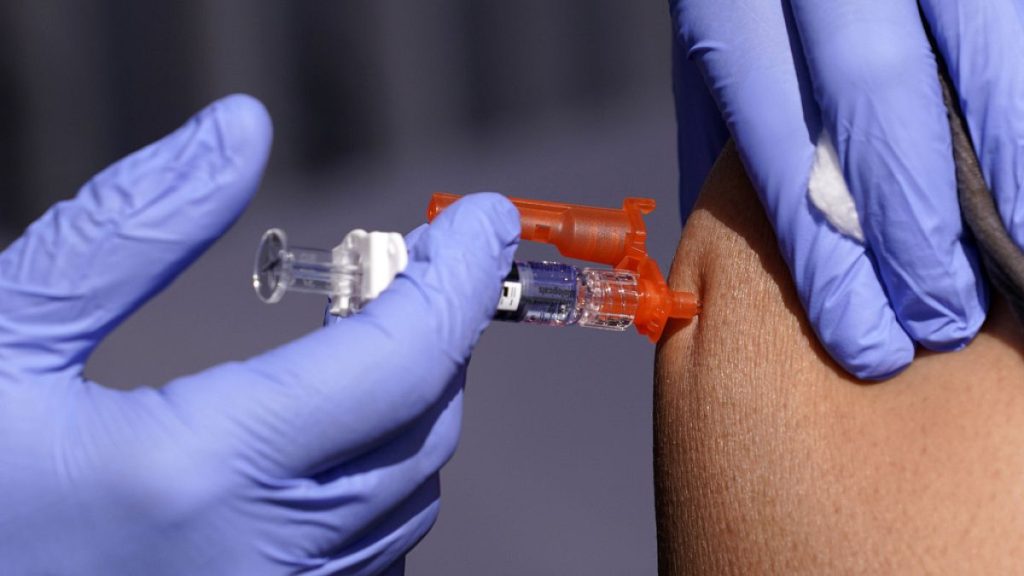The post-holiday season has witnessed a dramatic surge in influenza cases across Europe, creating a significant strain on healthcare systems and raising concerns among medical professionals. This resurgence, particularly affecting vulnerable populations like children under 15 and adults over 60, has led to increased hospital admissions and the implementation of emergency measures in several countries. While the dominant strain appears to be influenza B, the widespread nature of the outbreak underscores the importance of preventative measures, particularly vaccination. The situation highlights the cyclical nature of seasonal influenza and the ongoing need for public health vigilance.
France and Spain are among the hardest-hit countries, with hospitals in both nations reporting a substantial influx of flu patients. The rise in cases has necessitated the establishment of temporary units to alleviate the pressure on emergency departments, particularly as elderly patients face a heightened risk of serious respiratory complications. Medical practitioners in France have voiced their alarm at the severity of the epidemic, noting that it represents the most significant outbreak in recent memory. Furthermore, they emphasize the critical role of vaccination, observing that the majority of severe cases occur among unvaccinated individuals. Similarly, Spanish hospitals are bracing for a projected peak in the coming week, with regions like Catalonia and Valencia already struggling to cope with the current caseload.
Hungary has responded to the escalating flu activity with the implementation of stricter health protocols. Several clinics in Budapest have reinstated mandatory mask-wearing, while visitor restrictions have been imposed in hospitals across various cities, including Győr, Vác, and Debrecen. These measures reflect a proactive approach to containing the virus’s spread and protecting vulnerable patient populations. The Hungarian government’s swift action underscores the seriousness of the situation and the need for decisive intervention to mitigate the impact of the outbreak.
Romania has also experienced a significant increase in flu cases, with weekly figures nearly doubling in recent reports. Tragically, four deaths have been attributed to flu-related complications, highlighting the potential severity of the illness. The highest case concentrations have been reported in Bucharest and other major regions, including Cluj and Brasov. Health officials anticipate a further rise in cases as schools reopen, emphasizing the importance of vaccination as the most effective preventative measure. With over 1.1 million flu vaccines already administered this season, Romanian authorities continue to encourage vaccination uptake, particularly among children, offering a nasal spray option for those aged 2 to 18.
The widespread nature of the flu outbreak across Europe underscores the critical role of preventative measures, especially vaccination. Medical experts across the continent are urging citizens to get vaccinated to protect themselves and others, particularly vulnerable populations like the elderly and young children. Vaccination not only reduces the risk of contracting the flu but also mitigates the severity of the illness in case of infection. Furthermore, vaccination contributes to herd immunity, protecting those who cannot be vaccinated for medical reasons.
In addition to vaccination, other preventative measures such as frequent handwashing, practicing good respiratory hygiene (covering coughs and sneezes), and avoiding close contact with sick individuals are crucial in limiting the spread of the virus. These simple yet effective strategies can significantly reduce transmission rates, particularly in crowded settings like schools and public transportation. The current outbreak serves as a stark reminder of the importance of individual responsibility and community-wide efforts in combating infectious diseases. As Europe grapples with this seasonal epidemic, a multifaceted approach encompassing vaccination, public health messaging, and individual preventative actions is essential to mitigating the impact of the flu and safeguarding public health.

